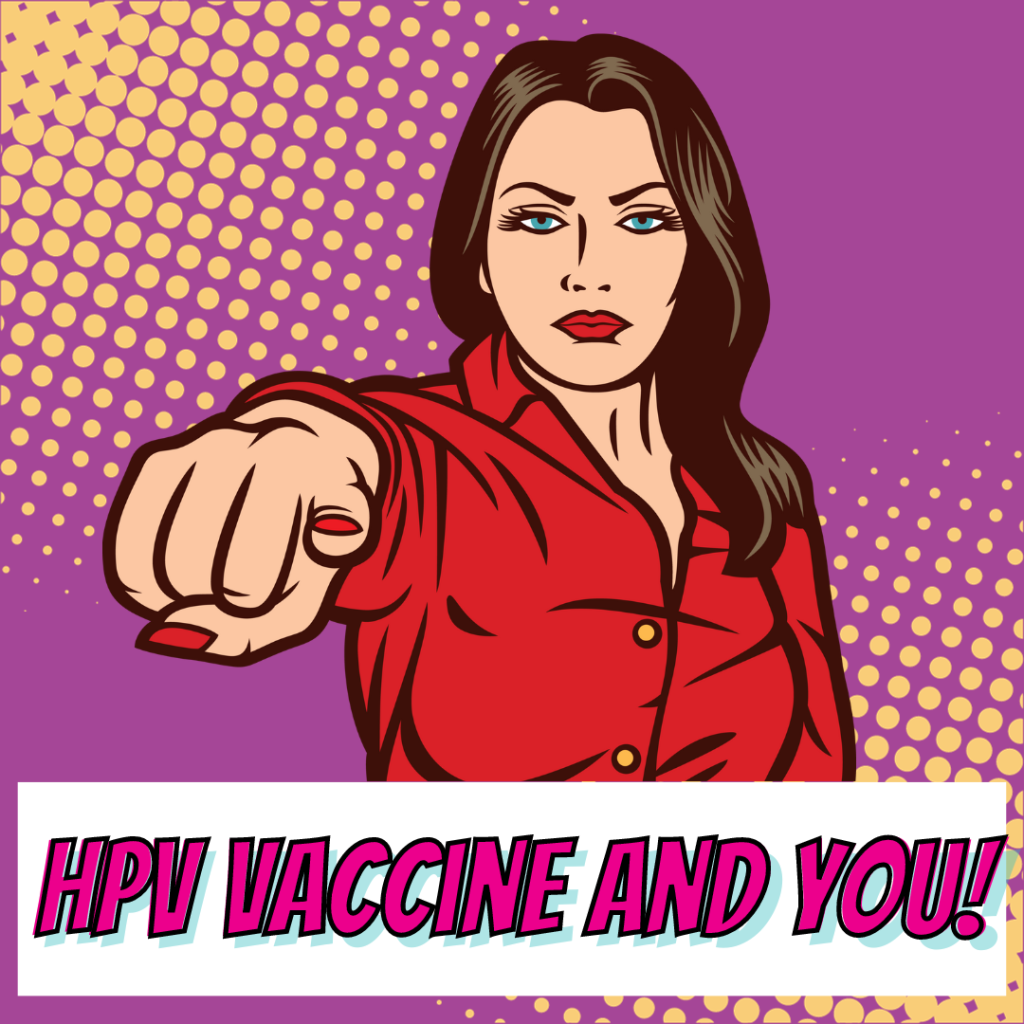
As you know, we at The Shona Project are huge advocates for your health. Vicky Phelan was a great friend to Tammy and our organisation as a whole. She was a massive campaigner for women’s health and we want to continue her legacy.
We were chatting to our GP and friend, Dr Sharon O’Donnell about the HPV vaccine, and what she thought about it, as many people are still unsure about whether they should get vaccinated.
So, what even is HPV?
The Human Papillomavarius (HPV) can cause cancer in humans. It’s most common in developing cervical cancer but can also cause cancer of the vulva, vagina, anus, oropharynx (part of the throat at the back of the mouth) and penis. So it can literally affect anyone. But as for us girls, here is the deal: In Ireland about 300 women per year are diagnosed with Cervical cancer and about 90 of them will die. It is a cancer that affects young and middle aged women and is the second most common female cancer in Europe.
HPV is usually contracted during sexual activity and 80% of people who have ever been sexually active have been exposed to it. It is the commonest sexually transmitted infection worldwide. The virus can spread through skin to skin contact, vaginal, anal or oral sex. There are different strains of HPV and in most of us our immune system successfully fights off the virus but in some cases the more high risk strains of the virus remain and can cause genital warts and more seriously Cervical cancer, anal cancer, mouth and tongue cancer. Smoking can prevent the infection from clearing and therefore increases the risk of cervical cancer.
How do I know if I have HPV?
The virus can be in your system for up to 8 months before any symptoms occur and indeed you may have no symptoms. A person carries the virus always once they are diagnosed.
In Ireland we have Free National Screening programme called Cervical Check which recommends Cervical smear tests from the age of 25 to 60 and this detects abnormalities of the cervix which may lead on to cancer. [Cervicalcheck.ie to register for a smear test]. Abnormalities before age 25 are rare but may occur. A smear test is a simple brushing of some cells from the cervix [or neck of the uterus]. It is done by your doctor or nurse. If we pick abnormalities up early and treat them the woman will hopefully never get the cancer. This programme is reducing the amount of cervical cancer and it is vital that women keep up with their free smear tests.
However, the great news is that there is a vaccine out there to prevent you from contracting the virus!
Research has shown that HPV vaccines can prevent 9 out of 10 cases of cervical cancer related to HPV type 16 and 18 which are found in 70% of cancers. The Vaccination programme for HPV started in Ireland in schools in 2010. It has the potential to reduce the risk of cervical cancer in Ireland by 90%!!!
While the vaccine has gotten a bad rep in the past due to anti-vaccination protesters, the vaccine is largely recognised as one of the safest vaccines in the world.
There will always be some side effects to any medicine- Even Paracetamol can kill people. However of over 270 million doses of the HPV vaccine given around the world there have been no serious side effects actually attributed scientifically to the vaccine.
Simple redness or soreness around the injection site are common along with mild dizziness or headache but these are transient.
We know that many of you might already have received it during your school vaccination programme but, for those of you who didn’t, you still can.
The HPV catch-up programme is free until the end of 2023.
It’s available to any person who is in 2nd-6th year in school, females under 24 or males under 21.
For more information and to get the vaccine, free of charge before the end of the year, click here. HPV vaccine catch-up programme – HSE.ie


